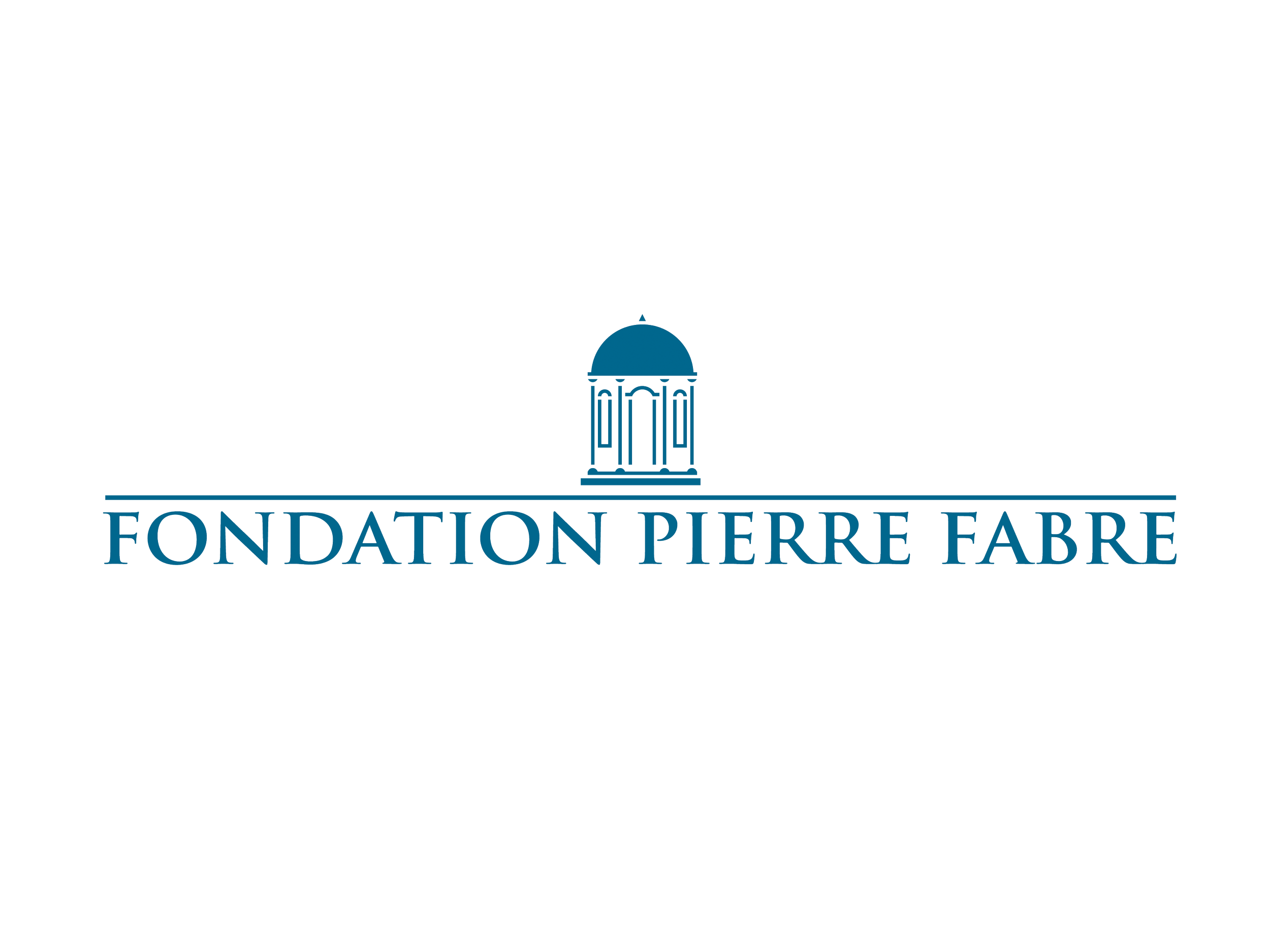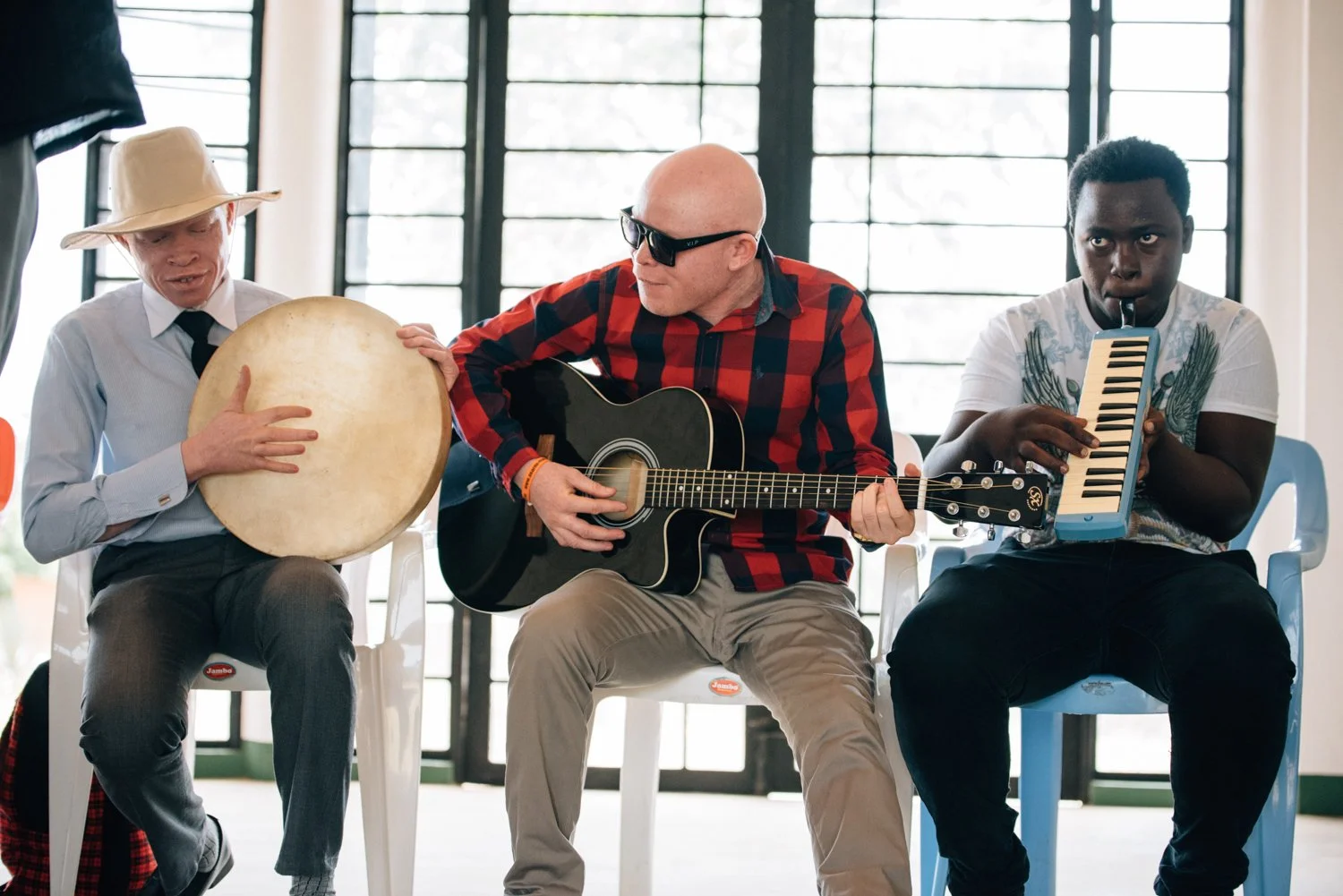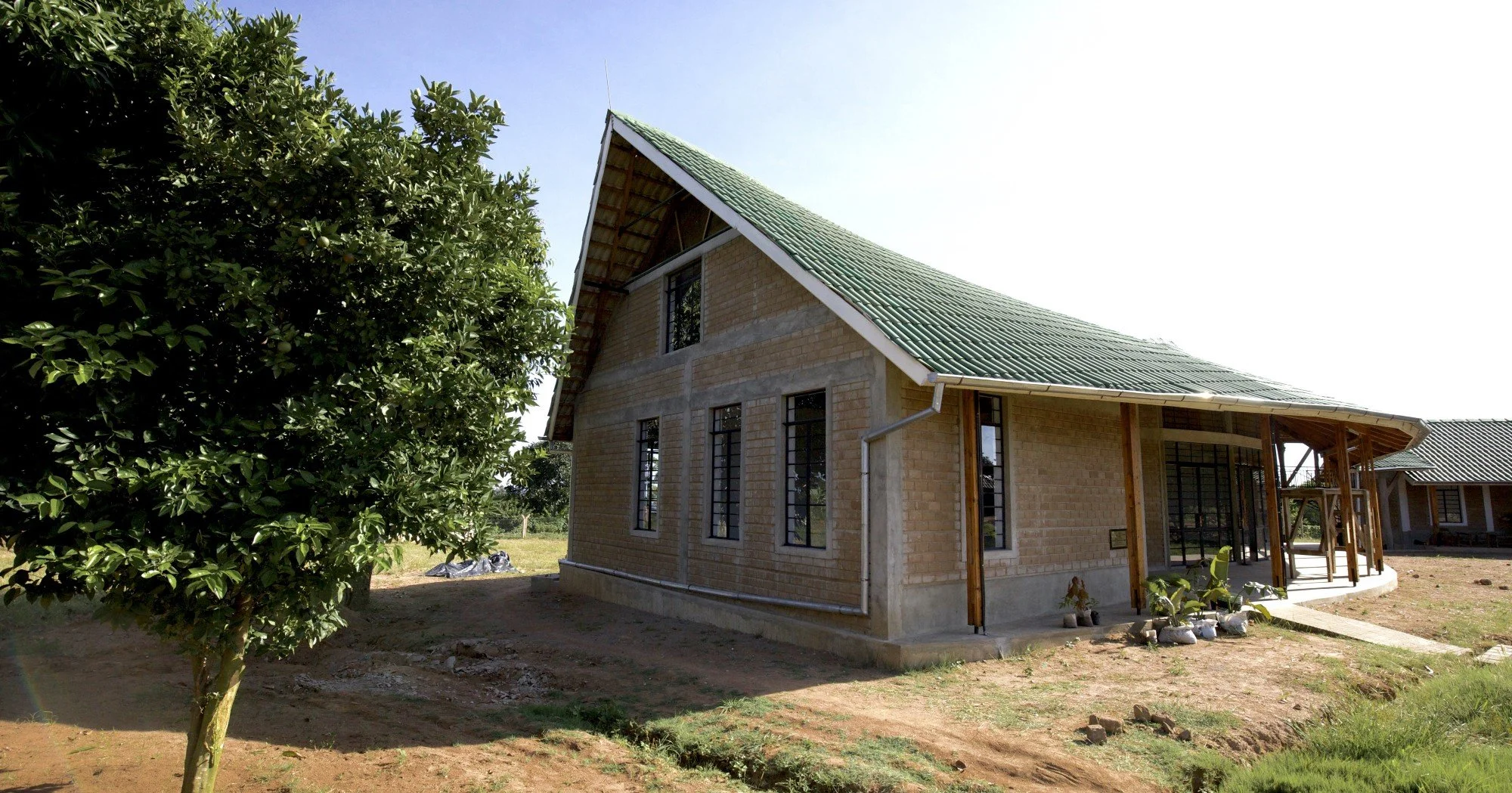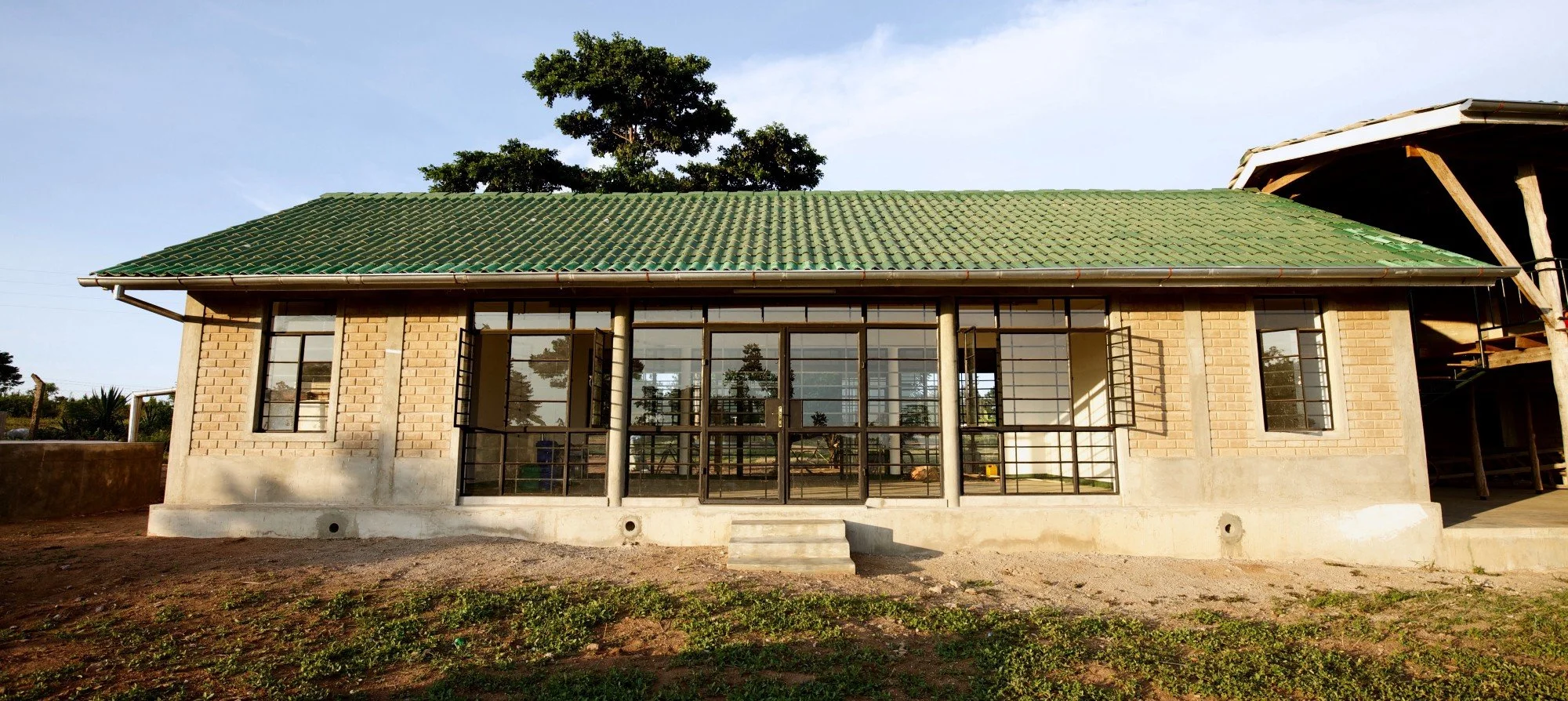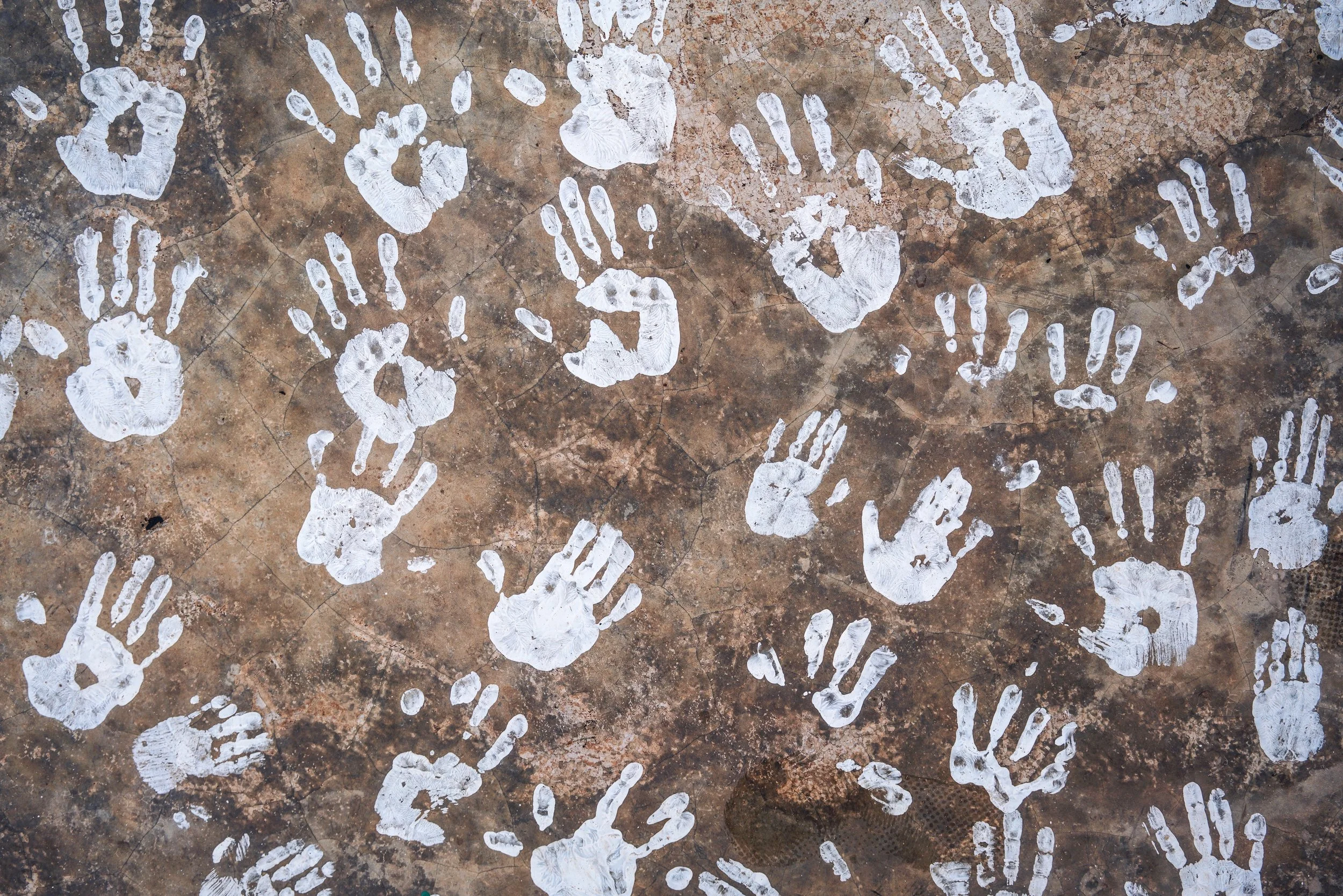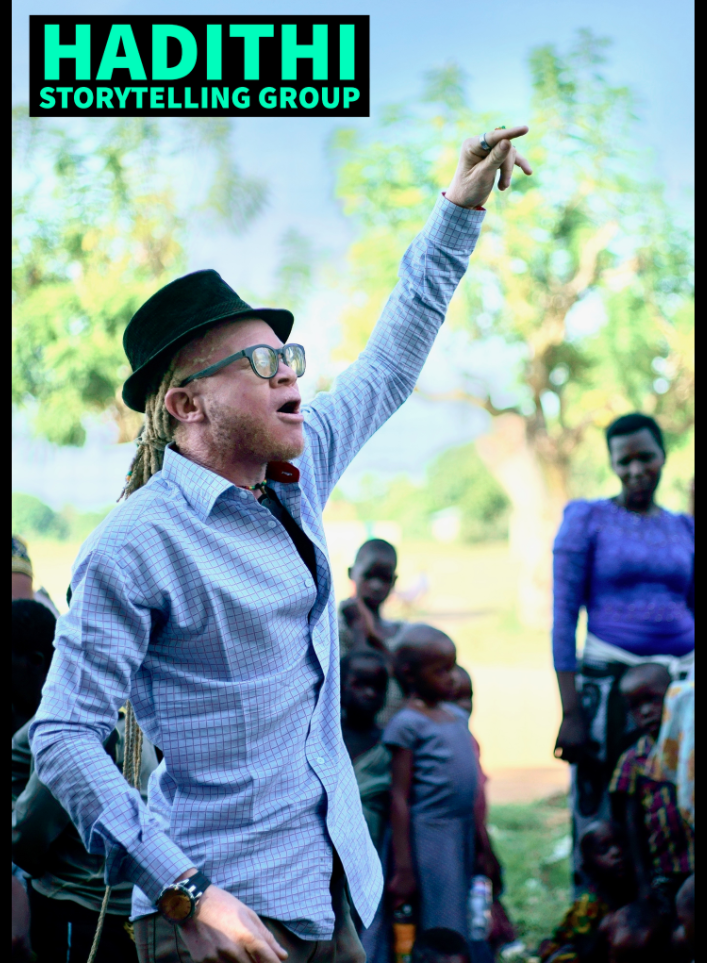LIVELIHOODS

Overview
Economic security and access to livelihoods are a fundamental (and often ignored) challenge facing people with albinism in Africa. Stigma and discrimination, exacerbated by high rates of skin cancer, and neglected vision needs in classrooms and workplaces, deprive many people with albinism of income-generating opportunities and pathways of professional development. Locked out of employment, people with albinism often turn to manual labour outside in the sun, where their vulnerability to skin cancer is intensified. Poor health, economic insecurity and social discrimination reinforce each other, creating a cycle that places people with albinism in Tanzania and Malawi on the margins of society.
In 2015, Standing Voice built and founded the Umoja Training Centre (UTC)—Swahili for Unity—a facility providing formal training initiatives to promote integration and shared prosperity for people with albinism and their families across Tanzania’s Lake Zone. Created in partnership with the Tanzania Albinism Society, the UTC serves as a vibrant community hub and a place of healing, supporting individuals with albinism who have endured exclusion, missed out on education, and survived discrimination and violence.
In 2025 Standing Voice launched the Tutikulane Project, a new three year initiative funded by the European Union to strengthen access to Economic, Social and Culture Rights for persons with albinism in Malawi. View the press release here
Umoja Training Centre
Throughout the year, the Umoja Training Centre offers ongoing training and mentorship across a diverse range of disciplines, including tailoring, radio production, storytelling, photography and performance, printmaking, batik, soap-making, agriculture, music, and fine art. The Centre has empowered hundreds of people with albinism with the practical skills and confidence needed to strengthen their economic security and independence, and pursue their professional goals.
Each year, around International Albinism Awareness Day on June 13, volunteers from across Tanzania and around the world gather at the UTC for the Summer Skills Workshop, a two-week programme of classes for people with albinism and their families. Led by a dynamic team of local and international volunteer trainers, the most recent workshop provided hands-on training in nine disciplines to 146 participants.
If you have a skill to share, consider volunteering at our next Summer Skills Workshop in June 2026 and help equip people with albinism with the tools to shape their own future. To learn more, contact us at info@standingvoice.org or submit an expression of interest here.
In Focus: the Tunajitambua Tailoring Collective
The Tunajitambua Tailoring Collective is a registered Community-Based Organization (CBO). Formed in 2017 at the Standing Voice Umoja Training Centre (UTC) in Tanzania, the group includes women and men with albinism, as well as mothers of children with albinism.
Tunajitambua, meaning “We Know Ourselves” in Swahili, challenges stigma surrounding albinism by showcasing the skill, resilience, and potential of its members. Many began with no sewing experience but, through dedicated training, have developed exceptional talent and passion. Today, the group produces over 20,000 wide-brimmed hats annually, distributed across Tanzania and Malawi through the Skin Cancer Prevention Programme, and has even fulfilled orders as far afield as Sierra Leone. They have also expanded their product line to include bags, school uniforms, glasses cases, and other items for sale.
During Covid-19, the tailors demonstrated agility and commitment by producing masks for patients attending skin care clinics across Tanzania. Their work provides life-saving sun protection while creating pathways to economic independence and social inclusion. Many members, including single mothers, have broken cycles of dependency, now supporting their families, managing their livelihoods, and creating opportunities for others.
Through skill, determination, and partnership, Tunajitambua Tailors are transforming lives and protecting thousands of people with albinism across East Africa from skin cancer.
Neema Kajanja, speaks about how her involvement with the Tunajitambua tailors has transformed her life:
“I’m a woman with albinism and a single mother to my son. I’m also a proud member of the Tunajitambua tailors. Tailoring plays an important role in my life and a vital role in supporting me and my family. The income I have earned through tailoring has enabled me to achieve some of my lifelong goals, including purchasing a plot of land and building my first house. I’m proud of the progress I’ve made, and many colleagues with albinism, both men and women, have been inspired by my journey.
When asked about the secret to my success, I tell people it is down to being focused, having goals, and working hard. While others may view my achievements as significant, I believe there is more to come. I have bigger aspirations, and I’m confident that I can achieve them, just like anyone else without albinism.”
The Umoja Training Centre is a hub of integration, learning, and healing, where people with albinism and their families can thrive.
Meet the Groups

With thanks to our programme funders




